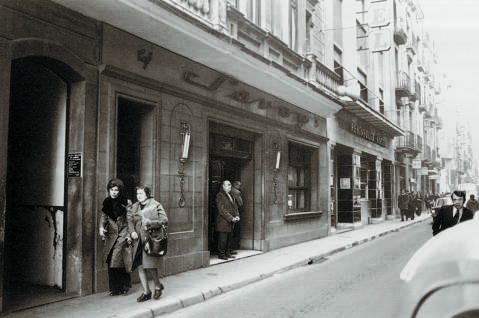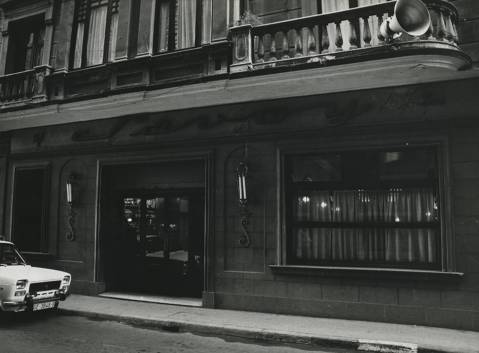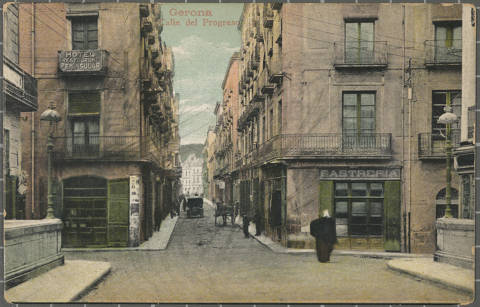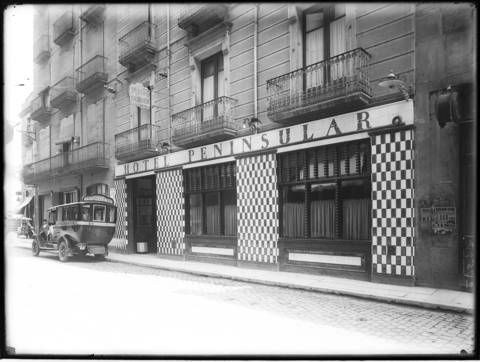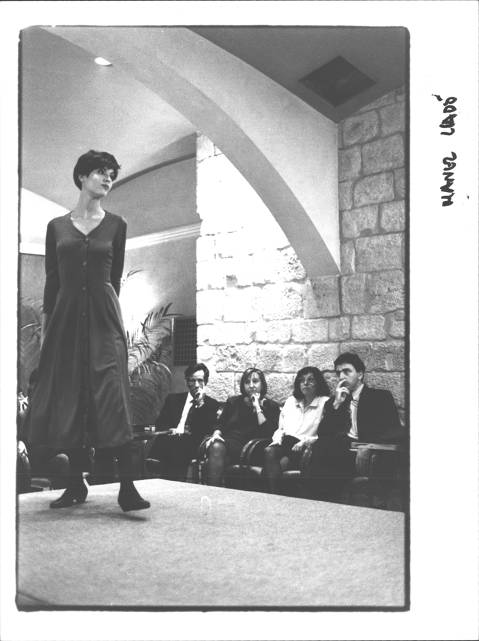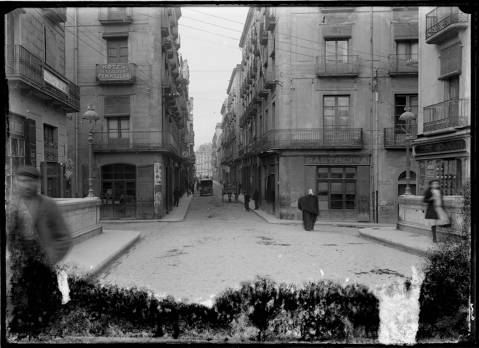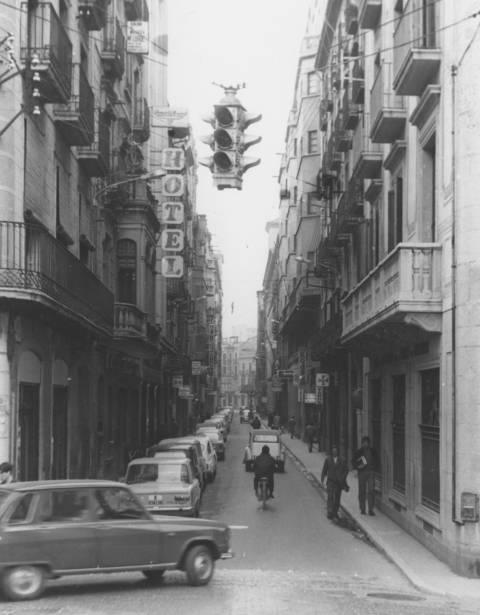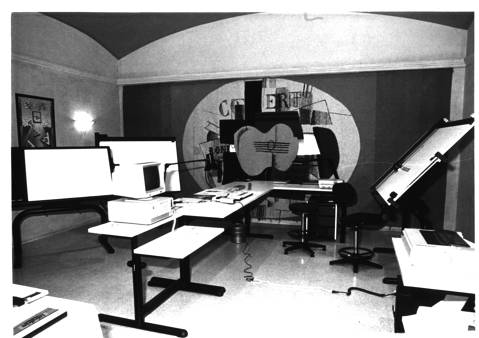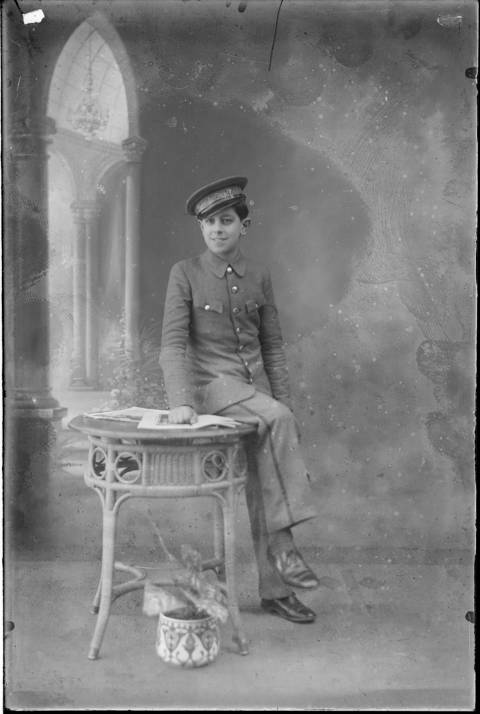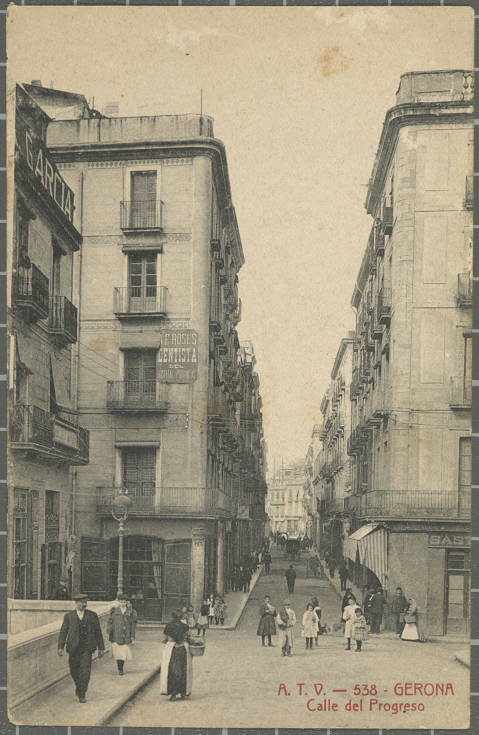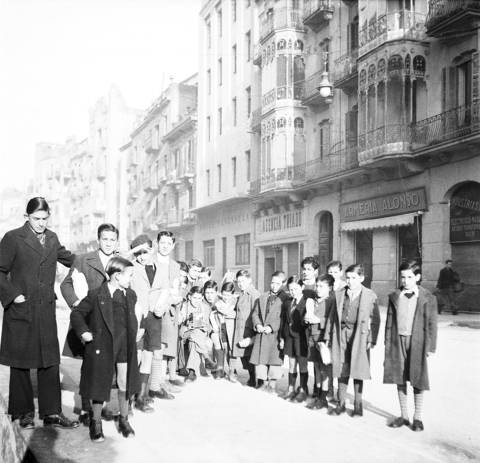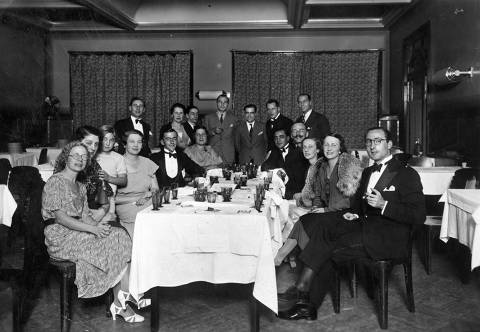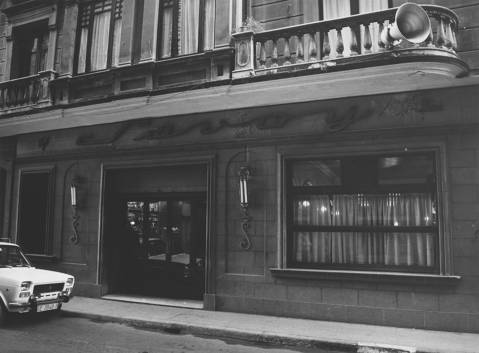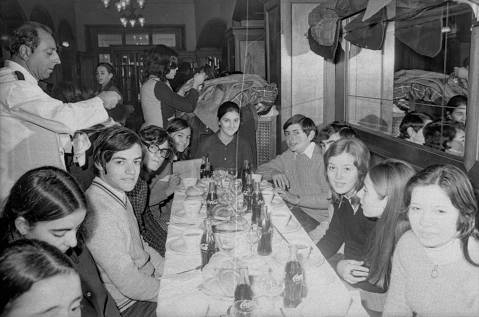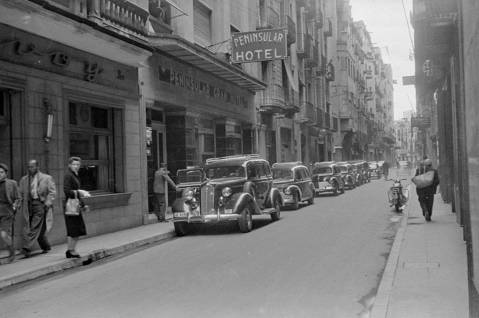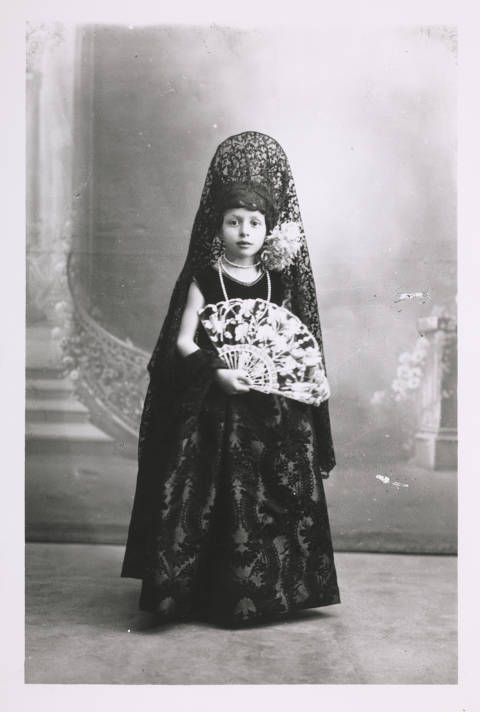The history of the Hotel Peninsular begins in Novara, in northern Italy, when Pietro Nicolazzi leaves the town of Pella in the mid-19th century. He flees from a difficult political situation and arrives in Girona to become a local resident.
He opens the Fonda de Sant Antoni, which later changes its name to Hotel Peninsular and becomes the oldest hotel establishment in the city.
It is located in a part of the city where the complex of the Sant Francesc d'Assís convent originally stood, dating back to the 13th century. Only a few original arches and walls are preserved. Some of them are visible in the Peninsular, in common areas and also in some rooms.
The Hotel Peninsular establishes itself, generation after generation, and evolves with the city. It replaces the livestock stables on the ground floor with a café, and divides the first floor into three dining rooms: one for chaplains, one for travelers, and one for gentlemen. "Some long-term customers saw their children grow up in the hotel, they were sick there, and they shared all kinds of family events with us," recalled Assumpció Nicolazzi in the book El Peninsular (1835-2003): A Memoir of a Hotel in Girona.
In the 20th century, a period marked by political and wartime events, the Hotel Peninsular remained open and the third and fourth generations of the Nicolazzi family in Girona served customers of all kinds. During the Spanish Civil War, the Republican military authorities decided to convert some hotels in the city into accommodations for aviators and their entourage.
Up to a hundred aviators resided on average at the Peninsular during those years. The hotel's basement housed the telephone exchange to protect it from air raids, and it was also where the family hid from the bombs throughout the war.
Assumpció, who had an extraordinary memory and a deep reverence for the past, explained that when the retreat of the Republican army became evident, their command decided to implement a scorched-earth policy. Different houses in Carrer Nou were set on fire, alternating between them, and all the tables and chairs were stacked in the hotel's dining room, as if to create a bonfire for the Feast of St. John. Gasoline was poured, and everything was ready to burn. However, they stopped because the transmission equipment was in the basement.
During the post-war period, despite being one of the targets for having sheltered Republican aviators, the Peninsular miraculously survived the nationalist bombings. Its surroundings were practically demolished. However, the hotel, dilapidated and deprived of its basic equipment, remained standing. The orders from the new authorities were clear: it had to continue operating immediately.
During World War II, the Peninsular served as a shelter for those who, for one reason or another, had to flee to save their lives.
Neither wars, nor floods, nor strikes, nor illnesses, nor death have forced the Peninsular to close. Neither time nor circumstances have halted its continuous service. Not a single day, until March 15, 2020, when the last guests checked out to confine themselves to their homes after the state of alarm was declared due to the pandemic.
As soon as it was possible, the Peninsular promptly reopened its doors as a Refuge Hotel, accommodating people who needed a period of isolation and could not do so in their own homes, either because they were far away or because a person who tested positive for Covid resided in their household.






